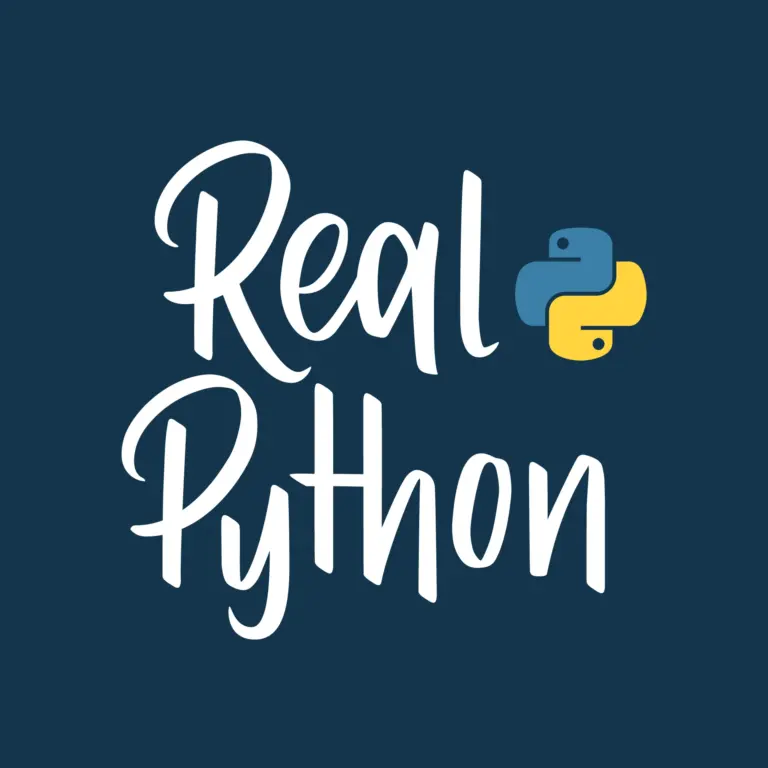
The Challenges of Developing Into a Python Professional
What’s the difference between writing code for yourself and developing for others? What new considerations do you need to take into account as a professional Python developer? This week on the show, we talk to Dane Hillard about his book “Practices of the Python Pro”.
Dane discusses his philosophy on the design principles that go into writing code. We talk about namespaces, object-oriented design, and how to keep your code extensible. We also consider the how and when of code optimization.
Course Spotlight: Dictionaries and Arrays: Selecting the Ideal Data Structure
In this course, you’ll learn about two of Python’s data structures: dictionaries and arrays. You’ll look at multiple types and classes for both of these and learn which implementations are best for your specific use cases.
Topics:
- 00:00:00 – Introduction
- 00:01:29 – Release and response to Practices of the Python Pro
- 00:03:12 – What was the writing process like?
- 00:06:09 – What makes someone a professional?
- 00:12:30 – How have you and the tools changed in Python testing?
- 00:14:10 – When did you start to see the change in your career?
- 00:15:42 – Sponsor: PyCharm
- 00:16:27 – What topic were you excited to share in the book?
- 00:17:49 – The importance of code design and ergonomics
- 00:20:52 – Why is managing and designing namespaces important?
- 00:26:32 – Expanding that design thought process to object-oriented programming
- 00:30:02 – Differences of functional vs object-oriented programming
- 00:34:40 – Video Course Spotlight
- 00:36:04 – What do you mean by extensible?
- 00:42:59 – How and when to optimize code?
- 00:45:57 – Sharing developer philosophy
- 00:46:52 – What are you excited about in the world of Python?
- 00:48:31 – What do you want to learn next?
- 00:51:03 – Thanks and goodbye
Show Links:
- Practices of the Python Pro
- Dane’s Website
- Effective Python Testing With Pytest: Real Python Article
- pytest: helps you write better programs
- An Effective Python Environment: Making Yourself at Home - Real Python Article
- FastAPI framework, high performance, easy to learn, fast to code, ready for production
- Django: The web framework for perfectionists with deadlines
- Django: GitHub
- Graphene-Django: Provides Abstractions to Add GraphQL Functionality to Your Django Project
Level up your Python skills with our expert-led courses: